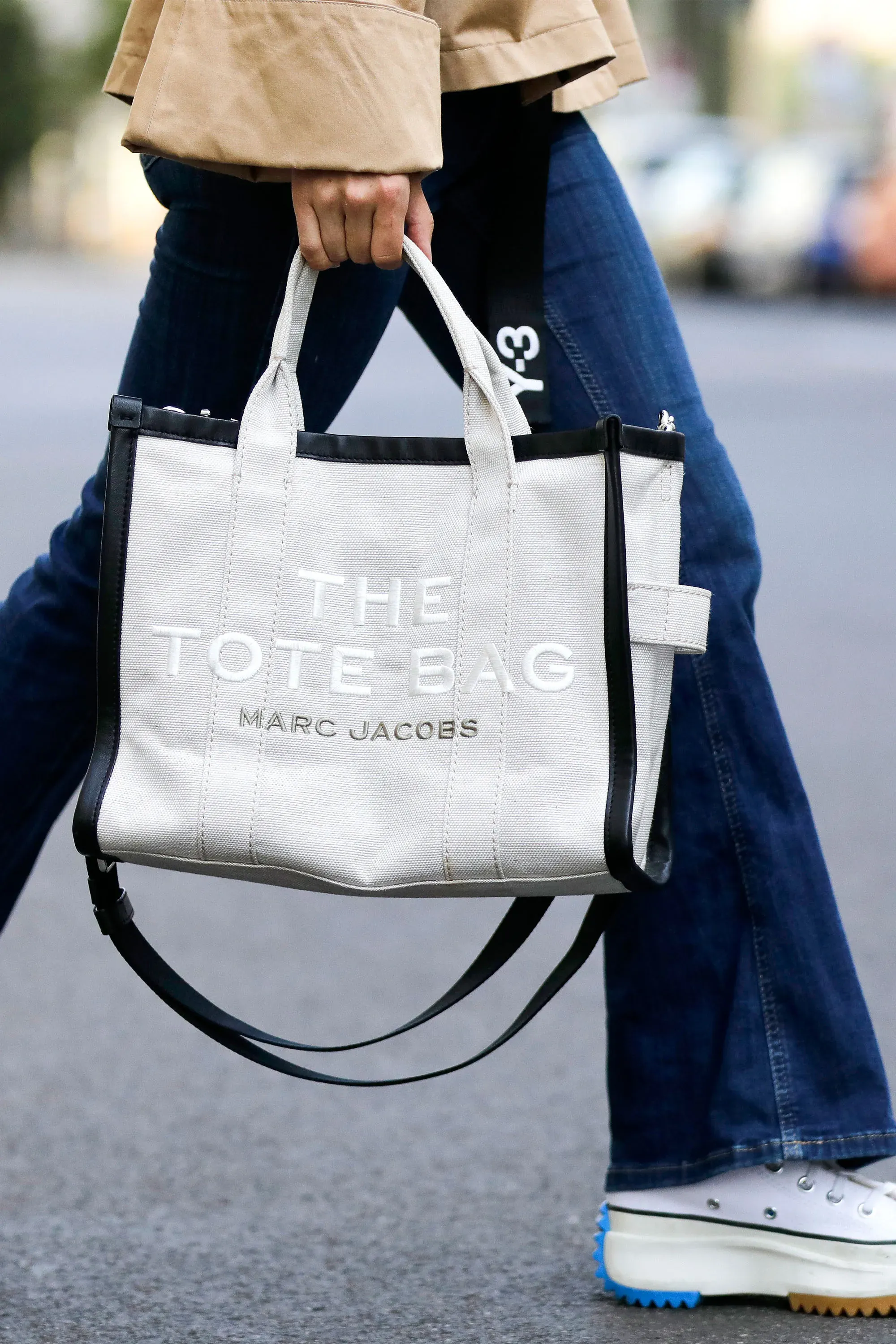Marc Jacobs, Sold—Not For You

Why the end of Marc Jacobs under LVMH isn’t just a business move—it’s a red flag.
A Sale That Signals More Than Just Strategy—It's a Warning
LVMH—renowned for housing heritage labels like Louis Vuitton and Dior—is reportedly negotiating the sale of Marc Jacobs for about $1 billion Reuters Financial Times
This decision isn't just a strategic pivot; it's a signal of misalignment—financially and philosophically. For a conglomerate built on craftsmanship and storytelling, letting go of this US-born, culture-first brand reveals deeper tensions in the luxury model itself.
Systemic Misfire: Why Selling Marc Jacobs Raises Eyebrows
LVMH’s current reassessment of its portfolio isn’t unique, but letting go of Marc Jacobs is significant. The brand, though smaller than Dior or Louis Vuitton, holds cultural influence and creative heritage. Read more here on the potential consequences: Vogue Business
Its sale highlights that “not aligning” isn’t just about performance—it’s about control. Repackaging Marc Jacobs under a licensing manufacturer could strip away its narrative, refurbishing supply, exposure, and identity into commoditized mass design.
A Cross-Functional Misfit?
Previously discussed: how the fashion market’s narrowing pyramid positions Marc Jacobs as a modern bridge brand—straddling accessible luxury and high street fashion. Under LVMH, this crossover identity may have added confusion, not clarity. As the company disposes of “non-core” brands, Jacobs risks being seen less as visionary and more as a misfit—a cultural casualty of consolidation.

The Economics of Disruption—or Decline?
Let’s ask the question nobody else is asking: Why does capitalism dismantle what doesn't fit financially?
Because control is king.
Marc Jacobs isn't being sold for creativity—but for supply chain leverage. A brand once built on boundary-pushing ideas, inspired by the creative exploration that Marc Jacobs led as Creative Director at Louis Vuitton, now faces repackaging into a licensing machine—mirroring the mass output from a fast-fashion brand, only to be dressed in designer packaging.

When the Business of Culture Becomes a Monopoly
Let’s ask the uncomfortable question few dare: Why does capitalism kill what doesn’t maximize profit?
In this case, it’s control. Marc Jacobs, a label born of creative latitude and cultural resonance, is being recast as a supply-chain asset. An IP license—a shadow of its former identity—primed for mass distribution without creative integrity. Yes, this is what we're seeing.
When Innovation Costs Too Much
Once, global fashion leaders were celebrated for daring to disrupt. Not anymore.
Today, we see risk-dodge strategies, consolidation, and editorial safe zones. Even Balenciaga, once a boundary pusher, pulled back its creative perimeter.

The sale of Marc Jacobs reinforces a chilling reality: where do emerging voices belong when even renowned labels are being mothballed? Consolidation shrinks room for design freedom, making innovation optional.
Why Marc Jacobs Resonated—and Why it Still Matters
Marc Jacobs became part of our cultural fabric because he was fearless. He built sub-labels (like Heaven), crafted viral campaigns, and carried the urban, rebellious voice that luxury needed. His brand wasn’t just clothes—it was identity.
Now, identity faces erasure by spreadsheet logic. Emerging labels can still learn from his playbook: build identity, consumer connection, then monetize.
But... if only the business-mature survive, who’s left to pioneer the future?
This becomes a wake-up call for small labels and consumers alike.
Marc Jacobs being sold is not just a move—it’s a warning. It’s possibly the last moment for any small fashion innovators to carve out an identity before the system renders them invisible. The time for brands to hone narrative, craftsmanship, and heart is now—before all that gets swapped for spreadsheets.

[Previous Revision] - The Fall of Yeezy








